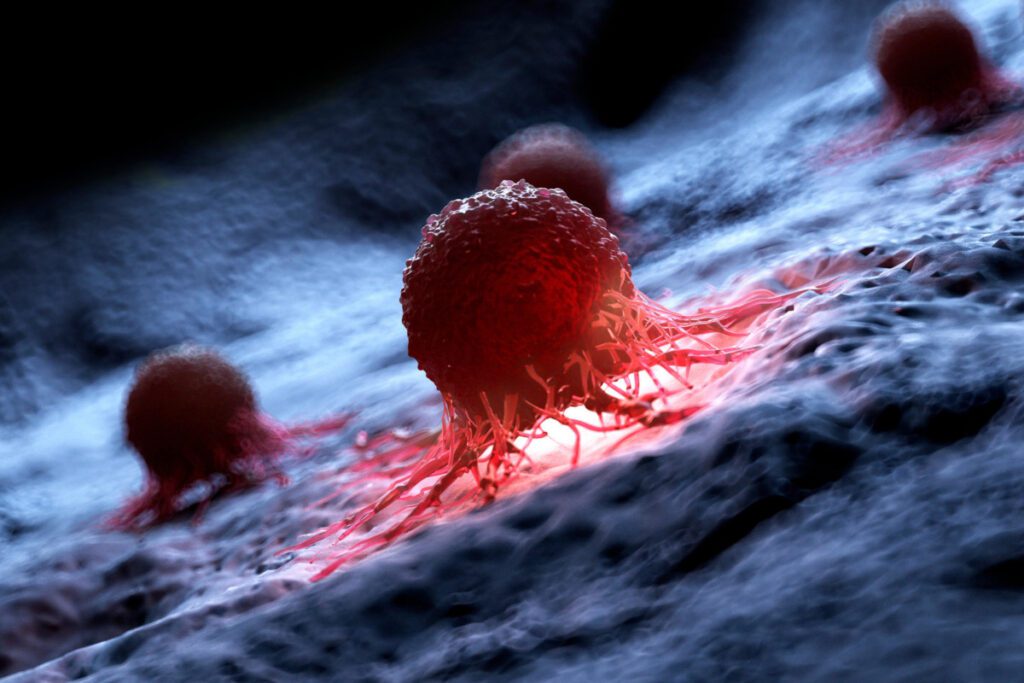The Institute for Bioengineering of Catalonia (IBEC) is participating in the international SOLFEGE project, which aims to explore how different cell types coordinate with each other through soluble factors in the tumour microenvironment. This project has been made possible thanks to funding from the Human Frontier Science Program. SOLFEGE is a consortium led by the German Cancer Research Center (DKFZ), with IBEC and the Duke University, as partners.

The Institute for Bioengineering of Catalonia (IBEC) is taking part in the international SOLFEGE project (Soluble Factors and Cell Arrangements), which aims to investigate how different types of cells coordinate with each other through signals in the form of soluble factors within the tumour microenvironment. Xavier Rovira Clavé, the principal investigator of the Spatial Biotechnology group at IBEC, will oversee the institute’s involvement in this ambitious project.
This is an ambitious project that could help answer fundamental unresolved questions about cancer.
Xavier Rovira Clavé
SOLFEGE has been awarded funding by the Human Frontier Science Program (HFSP), one of the most prestigious and competitive international research funding programmes. The HFSP promotes interdisciplinary collaboration to explore the complex mechanisms of living organisms. The project is coordinated by the German Cancer Research Center (DKFZ), with IBEC and Duke University as partners.
“This is an ambitious project that could help answer fundamental unresolved questions about cancer,” says Xavier Rovira. ‘Thanks to HFSP’s support, over the next three years we will work alongside John Hickey’s group at Duke University and Franzi Blaeschke’s group at the DKFZ to explore how different cell types coordinate through soluble factors within the tumour microenvironment.’
At IBEC, this highly selective international funding is regarded as significant recognition, given the prestige and competitiveness of the HFSP programme.
Cellular coordination through soluble factors
In the human body, cells organise themselves to form tissues and organs that sustain life. This process is guided by soluble factors, such as cytokines, chemokines and growth factors, which help cells to determine their actions and positions. While a single factor can sometimes trigger a specific action in a cell, most biological functions and diseases arise from complex combinations of these factors interacting with one another — often in ways that are not yet fully understood.
The SOLFEGE project aims to reveal how these signalling networks act in concert, particularly in tumour environments. To this end, researchers will develop novel experimental tools, including cellular barcodes, soluble factor-releasing particles and computational models, to observe the influence of these factors on the organisation of immune and cancer cells.
Specifically, they will study how immune cells organise themselves in melanoma tumour organoids exposed to specific soluble factors, how engineered particles release these factors, and how signals emitted by specialised T cells coordinate cellular processes within the tumour microenvironment.
IBEC’s team will contribute to advancing our understanding of cellular organisation and its impact on the development of new cancer therapies by drawing on its expertise in advanced imaging, spatial analysis, biomaterials and modelling.
This project is funded by the Human Frontier Science Program with a Research Grant – Early Career (RGEC26/2025).






